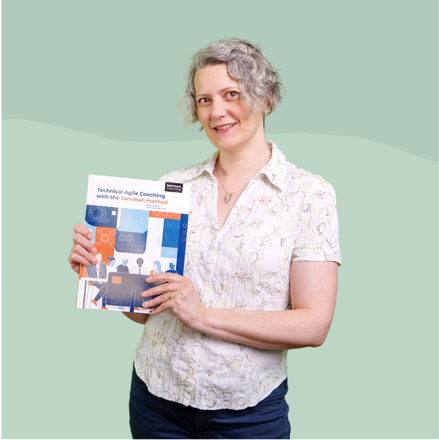I’ve been favouring an Approval Testing approach for many years now, since I find it pretty useful in many situations, particularly for acceptance tests. Not many people I meet know the term though, and even fewer know how to use the technique. Recently I’ve put together some small exercises – code katas – to help people to learn about it. I’ll be going through them at a couple of upcoming conference workshops, but for all you people who won’t be there in person, I’m publishing them on github as well.
I’ve got three katas set up now, Minesweeper, Yatzy and GildedRose. If you’ve done any of these katas before, you’ll probably have been using ordinary unit testing techniques. Hopefully by doing them again, with Approval Testing, you’ll learn a little about what’s different about this technique, and how it could be useful.
Before you can do the katas, you’ll need to install an approval testing tool. I’m one of the developers of TextTest, so that’s the tool I’ve set up right now. Below are some useful commands for a debian/ubuntu machine for installing it.
I’m still developing these exercises, and would like feedback about what you think of them. For example I have Python versions for all three, but only one has a Java version as yet. Do people want more translations? Do let me know how you get on, and what you think!
Installation instructions
You will need to have Python 2, and TextTest. (Unfortunately TextTest uses a GUI library that doesn’t support Python 3). For example:
$ sudo apt-get install python-pip
$ sudo pip install texttest
For more detailed instructions, and for other platforms see the texttest installation docs. For more general documentation, see the texttest website.
You need to have an editor and a diff tool configured for texttest to use. I recommend sublime text and meld. Install them like this:
$ sudo add-apt-repository ppa:webupd8team/sublime-text-3
$ sudo apt-get update
$ sudo apt-get install sublime-text-installer
$ sudo apt-get install meld
Then you need to configure texttest to use them:
$ cd
$ mkdir .texttest
$ touch .texttest/config
$ subl .texttest/config
Enter the following in that file, and save:
[view_program]
default:subl
[end]
[diff_program]
default:meld
[end]
For convenience, I also like to create an alias ‘tt’ for starting TextTest for these exercises. Change directory to one of the exercise repositories, then a ‘tt’ command should start the TextTest GUI and show the tests for that exercise. Define such an alias like this:
alias tt='texttest -d python -c .'
Two of the exercises start with a small test suite for you to build on. There should be instructions in the README file of each respective exercise, to help you to get going. If you really can’t work out what to do, have a look at the sample solutions and see if that helps. These are also on github: Minesweeper-sample-solution, Yatzy-sample-solution, GildedRose-sample-solution







